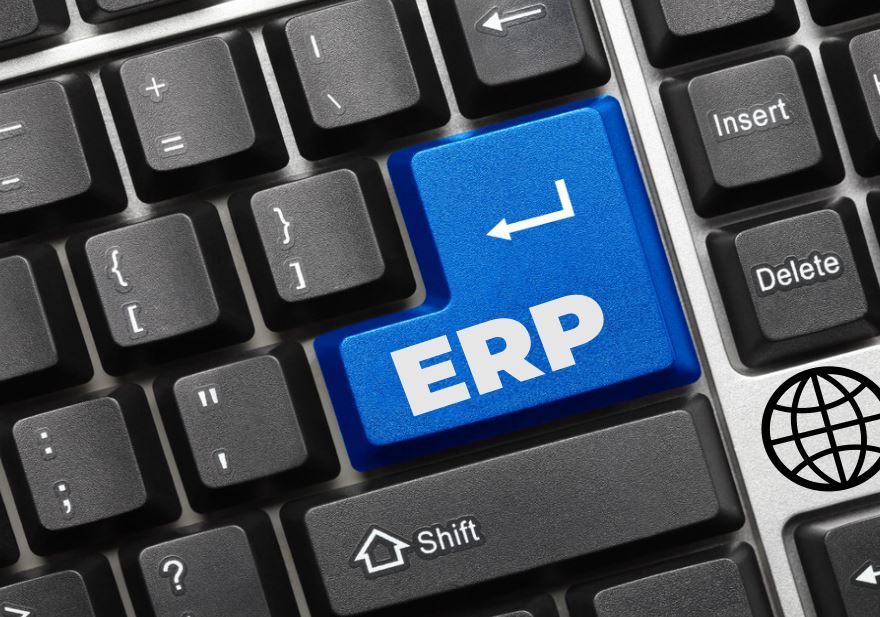The travel industry is a fascinating field to work in. It is extensive, and its market is still growing. This market includes hotel bookings, airline hunting, and itinerary planning, making it one of the busiest markets. This series of transactions make the travel industry one of the focuses of technical advancements. These advancements aim to make all processes involved more convenient and more accessible.
Data science has changed this industry in many ways, with data scientists and everyone else working together. It allows travelers to be guided by technology leading to happy and satisfied clients. This includes finding the best flights and suggesting hotels near airports for travelers.
Data Science in the Travel Sector
Data science is the process of using technology and knowledge to solve problems. Machine learning is a subset of data science that involves algorithms that can learn from data to perform a task.
A machine learning algorithm is a mathematical formula that can be applied to data to predict. It is often used in business intelligence and analytics, but it applies to almost any situation that involves data or information. The idea is to find patterns in the data by looking for correlations and relationships between variables.
As machine learning becomes more and more ubiquitous, ModelOps is becoming necessary for modern data scientists. ModelOps is a set of processes, tools, and best practices for developing, deploying, and managing predictive data models.
The days of targeting consumers based on their past purchases have long since passed. Today’s digital traveler expects a hyper-personalized experience at every point of their journey. Travel brands have to do more than pull relevant historical data to accomplish this. They must use technologies like artificial intelligence (AI), including machine learning to make sense of this data in real-time.
Today, technology plays a vital role in every aspect of our travel experience. From booking flights to finding accommodations, it’s all incorporated. It has created a seamless experience for travelers and tourists with just a few clicks. Here are ways that data science is playing a key role in enhancing the traveler sector:
1. Flight Booking
Data science has impacted the way customers book their flights. Many airlines now offer direct booking through their websites and apps. Travelers can book trips without speaking with customer service representatives about availability and pricing. Airlines can determine fair prices for different routes based on route popularity, seasonality, and local events at each destination.
With the help of advanced analytics, airlines can observe their customers’ behavior and make predictions about their future actions. As an example, let’s consider Uber’s surge pricing feature. Uber uses ML algorithms to predict demand for its services to raise prices when fewer drivers are on the road.
2. Hotel Booking
Hotels can run special offers and deals using real-time customer preferences, search trends, and market demands. They can also make reservations and bookings easier for their customers by predicting booking patterns based on historical data. Data science has drastically transformed every phase of the booking experience:
● Pre-booking
Customers can easily find the best hotel according to their budget and other requirements through hotel booking sites or apps like TripAdvisor and Google Maps. These sites collect information about different hotels from several sources such as social media, reviews, ratings, etc. With the help of machine learning algorithms, these online websites can understand users’ needs.
● Booking
Upon deciding where they want to stay and eat while on vacation, travelers select flights and book the hotels of their choice. Travel companies use machine learning algorithms to predict cheaper airfares. This prediction is based on seasons and events in different destinations.
3. Price Prediction
The price of air tickets depends on demand, supply, competition, and inflation or deflation in the economy. Data science-based price prediction helps airlines know what the prices should be to maximize profits. Many companies use price prediction models to understand user behavior and customer needs. These data versioning models also help businesses determine peak and off-peak periods.
4. Personalized Customer Experience
There are a lot of places where you can get data about your customers, including social networks and customer support platforms. Data science makes it possible to give each customer a unique travel experience using data-driven personalization. Customers can get tailored recommendations based on activities they’ve recently engaged in through location-based services, such as food and beverage purchases, hotel bookings, or holiday packages.
5. Data Science Helps in Better Decision Making
Data science helps businesses effectively analyze large datasets and make better decisions. It enables them to understand the data and extract valuable insights from it. This helps the businesses to understand what their customers want or like so that they can provide them with better experiences that result in a higher level of customer satisfaction.
Recommended: 3 Tips to Become an Immigrant Entrepreneur
Organizations can make more informed decisions about which perks or services to offer customers based on their behavior during a specific period. For example, during the holiday season or based on changes in their behavior over time.
6. Customer Segmentation and Targeting
Source: Pixabay
With the help of data science, companies in the travel industry can collect information about their customers’ preferences and create a detailed consumer profile. Data scientists will analyze this data, for example, by applying clustering algorithms or decision trees.
Travel companies can create segments of customers with similar characteristics and use this segmentation for targeting purposes based on that information. For example, companies can send out notifications to young couples who just got married about honeymoon destinations available in their budget and plan customized trips for them.
7. Predictive Analysis
Predicting customer behavior allows businesses to optimize their operations. For example, predicting high demand periods, adjusting the pricing, or identifying factors contributing to flight delays is possible.
Data scientists can use statistical models to predict which customers are most likely to leave and how soon they will do so.
8. Transport Mapping
GPS devices are a standard feature in most cars these days, so car manufacturers can collect a huge amount of useful information about routes taken by drivers and how long journeys took.
Data scientists can use this information to provide users with real-time updates about traffic conditions on their routes. This helps them avoid heavy traffic areas and find alternative routes instead. They can also suggest alternative forms of transport for specific journeys, such as switching from car to train or bus if an accident blocks the road ahead.
Technology in the Travel Industry
Data science will be an increasingly important factor in the travel industry. Airline companies and travel agencies use it to manage risk, find and analyze trends and uncover growth opportunities. The technology will become more accessible. It is easy to predict how data science will give giant leaps in customer experience and sales with operational machine learning.
In the travel industry, data is changing everything. Customers are increasingly visual learners, and companies must find new ways to effectively communicate their products or services to them. They do this by analyzing data and making it understandable. Using ML engineering in everyday business practices, travel companies can improve the customer experience and retain more customers.
Read Next:
- 7 Secrets to Increase Instagram Followers for Travel Business
- 5 New Business Ideas in Shared Mobility Industry







